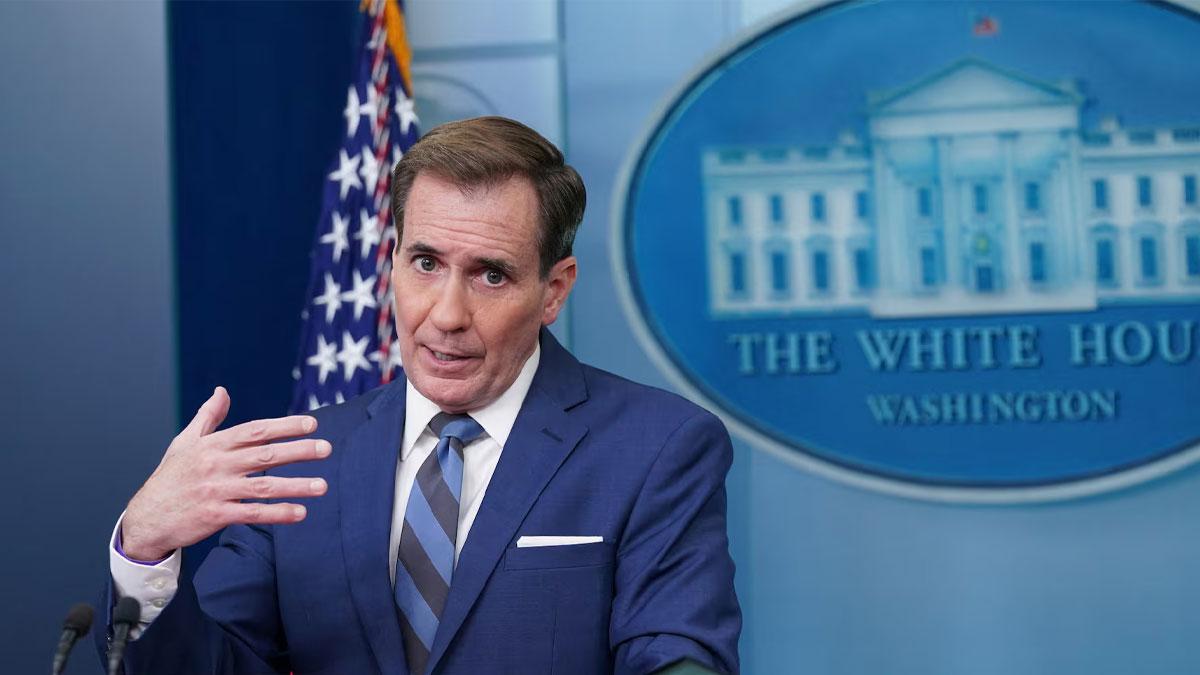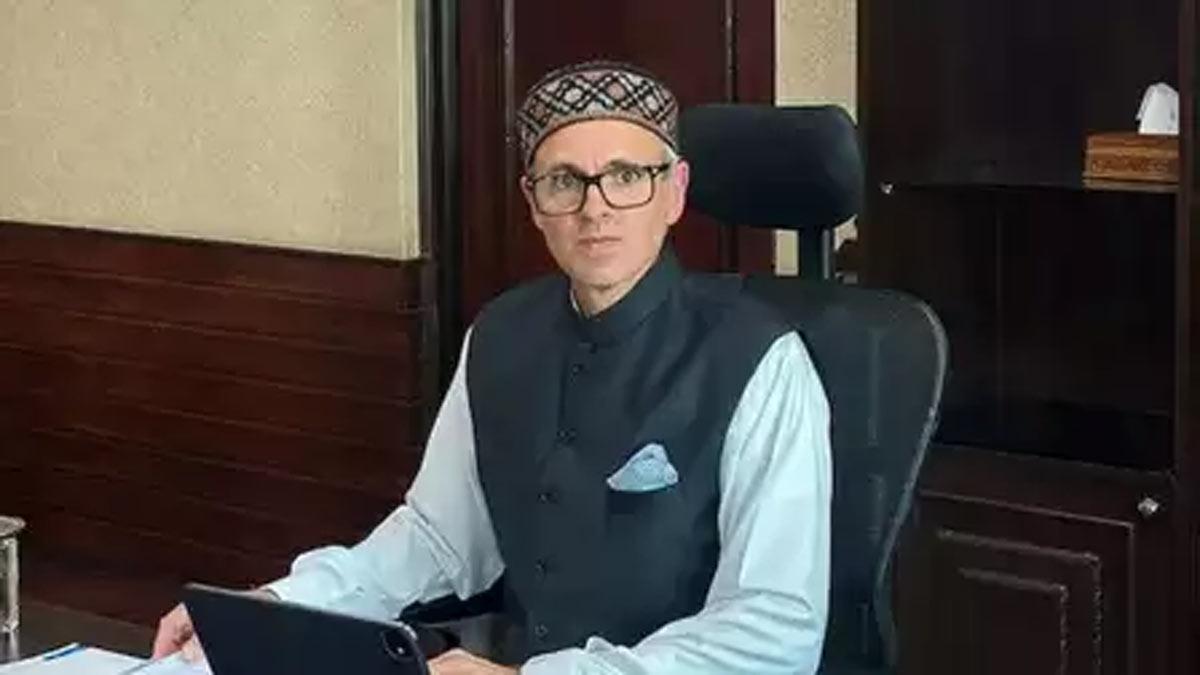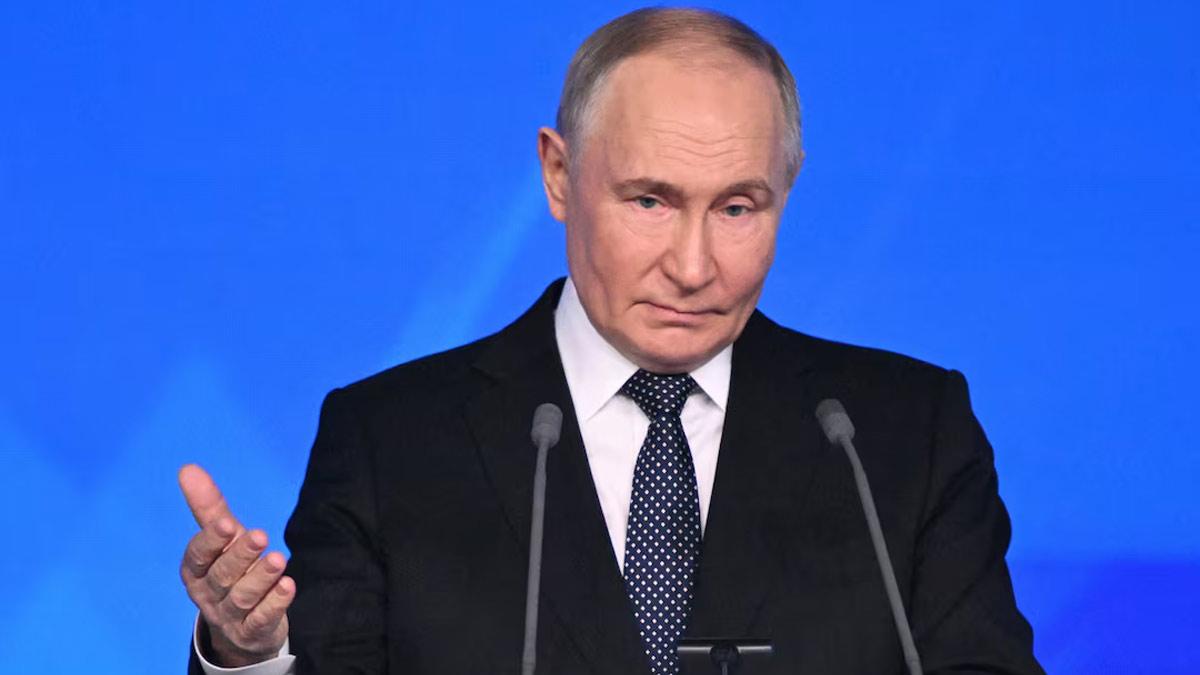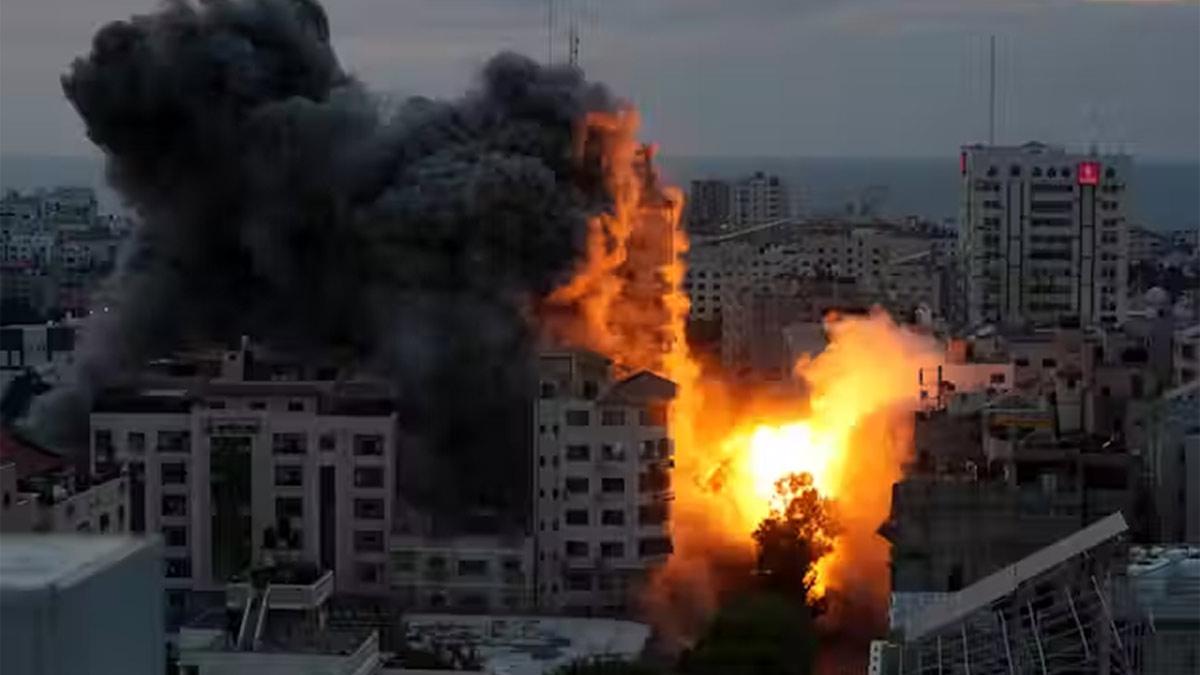The only viable path toward lasting peace is through the complete denuclearisation of the Korean Peninsula, a State Department spokesperson said, after North Korea made a rare disclosure of a uranium enrichment facility this week.
The spokesperson made the remarks on Friday, renewing calls for Pyongyang to return to constructive dialogue and reaffirming America's ironclad security commitment to South Korea and Japan, Yonhap news agency reported citing local media.
According to Pyongyang's Korean Central News Agency, leader Kim Jong-un on Friday visited a uranium enrichment base and urged the number of centrifuges for uranium enrichment be increased to bolster its nuclear weapons arsenal--a move ahead of the November 5 presidential election in the United States.
"The DPRK's further development of nuclear and ballistic missile programs directly negates the goals of the global non-proliferation regime. The only feasible road toward stable peace is through the complete denuclearization of the Korean Peninsula," he said when a reporter from Yonhap News Agency asked for a comment.
DPRK is short for the official name of North Korea: the Democratic People's Republic of Korea.
An official said this is essential for Pyongyang to fully comply with its obligations under UN Security Council resolutions and return to constructive dialogue without delay.
The spokesperson underscored the approach that his country has taken over the last year, saying that as long as Pyongyang continues to threaten the region and the world, Washington would continue to strengthen its security relationships with its allies and partners.
"The US commitments to the defence of the Republic of Korea and Japan remain ironclad," he said.
Meantime, earlier in the day White House National Security Communications Adviser John Kirby pointed to the fact that the US has "devoted" more intelligence, surveillance, and reconnaissance assets for security on the peninsula.
"I don't have time for that here today, the ability to do an intelligence analysis one way or another. What I can say is that we continue to monitor North Korean progression in their nuclear ambitions, as well as their ballistic missile technology and program," Kirby said in an online press briefing.
"That's exactly why or one of the reasons President Biden has worked so hard to revive a network of alliances and partnerships in the region. It's also why he has prioritised, in particular, greater intelligence, surveillance and reconnaissance assets, with the priorities going to the area on and around the Korean Peninsula," he added.
He also stressed that Washington continues to clearly tell Pyongyang it is ready "to sit down without preconditions and talk about denuclearisation of the peninsula.".
The spokesperson for the State Department, Matthew Miller, said he actually saw a video on the uranium enrichment facility. "It won't change the overall US policy on North Korea," he added.
A new video. I don't believe it depicts any new capability by the North Korean regime," he said in a press briefing.
"We are going to continue to make clear that we will defend our South Korean and Japanese allies and will continue to work for the full denuclearisation of the Korean Peninsula."
Asked whether a North Korean nuclear test is imminent, Miller did not want to make a prediction on that.
North Korea's disclosure of the nuclear facility, combined with its short-range missile launches this week and other acts, added to concerns that Pyongyang could engage in major provocations near the US presidential election in a move to bolster its leverage.
The KCNA said in its Friday report that Kim visited the Nuclear Weapons Institute and the "production base of weapon-grade nuclear materials." The dispatch did not elaborate on where that facility was located or when Kim had visited the site.
Highly enriched uranium and plutonium are vital nuclear materials for the manufacturing of nuclear warheads.
South Korean and US intelligence officials believe that North Korea has uranium enrichment facilities in Kangson on the periphery of Pyongyang and at the Yongbyon nuclear site, north of its capital.
In 2010, North Korea allowed Siegfried Hecker, a well-known American nuclear scientist, to visit and inspect its uranium enrichment facility in Yongbyon.
Read also| US Imposes New Sanctions on Russian State Media for Funding Moscow's Troops in Ukraine


















